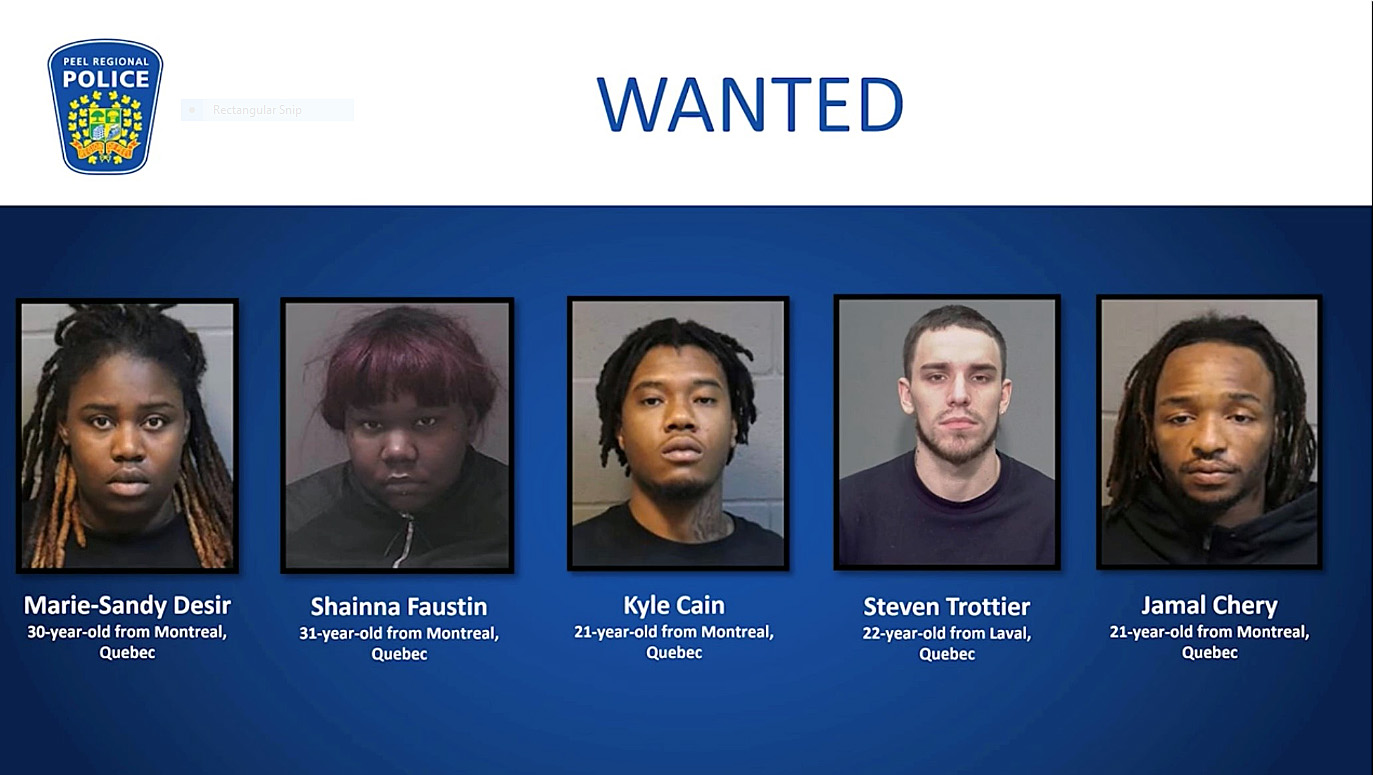Infra
Toronto to tackle traffic with increased fines for drivers and higher fees for builders
Traffic moves through the financial district in Toronto, Friday, Sept. 8, 2023. THE CANADIAN PRESS/Andrew LahodynskyjAndrew Lahodynskyj/The Canadian Press
The City of Toronto has released a plan to manage traffic congestion through increased fines, better construction management and improvements to public transit, as it seeks to address gridlocked streets that have become a major irritant for residents.
The city released a multi-year strategy on Friday that will be considered by a council committee next week. The plan focuses on using automation as well as heftier penalties for builders and those violating traffic rules.
Toronto routinely ranks among the worst congested city in Canada and among the worst in North America. The city is also North America’s busiest city in terms of construction with, with more than 250 cranes currently dotting the skyline.
“You see people parking illegally, all the street cars are backed up, all the people honking,” said Mayor Olivia Chow at a news conference. “It’s just maddening—we want to speed up the construction and have better co-ordination of construction and improve enforcement against people who disrupt the rules.”
If Toronto can’t improve its world-class traffic, it will decay into a gridlocked carcass
The report identified construction work as a key cause of congestion, making up 47 per cent of road closures. Utility work accounted for 38 per cent of all road closures.
“Better construction management was a huge focus of the report with strategic capital co-ordination being a part of that,” said Roger Browne, Toronto’s director of traffic management and transportation at Friday’s press conference. “We want to speed up the construction and have better co-ordination … shorten the street closure, improve enforcement against people who disregard the rules.”
The plan calls for the city to review construction methods that could minimize when such work forces road closures, including reviewing what projects are deemed “emergency utility work,” while increasing fees for construction delays. Emergency utility work might include a burst pipe or broken essential infrastructure, but the definition is expansive and zeroing in on the details can help reduce the number of projects with that label.
To incentivize faster completion of construction projects, the report recommends new and higher fees for builders—including a fee of $76.51 for each application for a temporary street occupation permit and daily fees for every day of delay.
“A critical component of the work we do is how we plan and deliver the construction,” said Jennifer Graham Harkness, the city’s chief engineer and executive director. “How can we schedule the work such that contractors get in and get it done as quickly as possible?”
Opinion: Toronto, Canada’s economic centre, has lost its way
The report cites measures announced in July to speed up construction of the Gardiner Expressway, which included round-the-clock construction and lower noise limit thresholds. The plan identifies new projects across the city that would benefit from similar strategies.
“There’s a lot of technology out there for noise suppression,” said Mr. Browne. “That would mean it comes at a bit of a cost, but if it means that they can work longer hours, they can get off right away, much quicker.”
Likewise, the city recommended new and higher fees for builders to encourage faster construction. “We will revisit street occupation fees so they are charged on a daily basis,” said Mr. Browne. “It’s truly about faster completion of construction projects.”
The report also focused on tougher enforcement, with the city recommending more traffic enforcement officers and an increase in fines for stop-and-stand violations during weekday rush hour periods from $190 to $300, in addition to a recent increase in fines for blocking intersections.
The report also recommends increasing the use of dashcams on police and public transit vehicles to monitor traffic violations.
“In terms of enforcement, I can’t wait to see dash cam,” said Ms. Chow. “With dash cam it means you can take the information and with the license you can charge them — more fines, more traffic agents and continue to get more police officers, special constables in there.”
The mayor dismissed the potential risk that increased surveillance would infringe on the public’s privacy.
“I trust the police, I trust the Toronto Transit Commission,” she said. “We are the public service, we don’t want to violate privacy. But if you break the law we need to catch you.”
The report also pushed for using artificial intelligence and technology, with the city announcing the launch of a new traffic monitoring dashboard for public access. “Recognizing the frustration people have on our part we’re doing everything we can to provide better information for Torontonians to make their decisions more effective,” said Mr. Browne.
The report will be submitted to the Infrastructure and Environment Committee for consideration at its meeting next Friday before going to city council.








